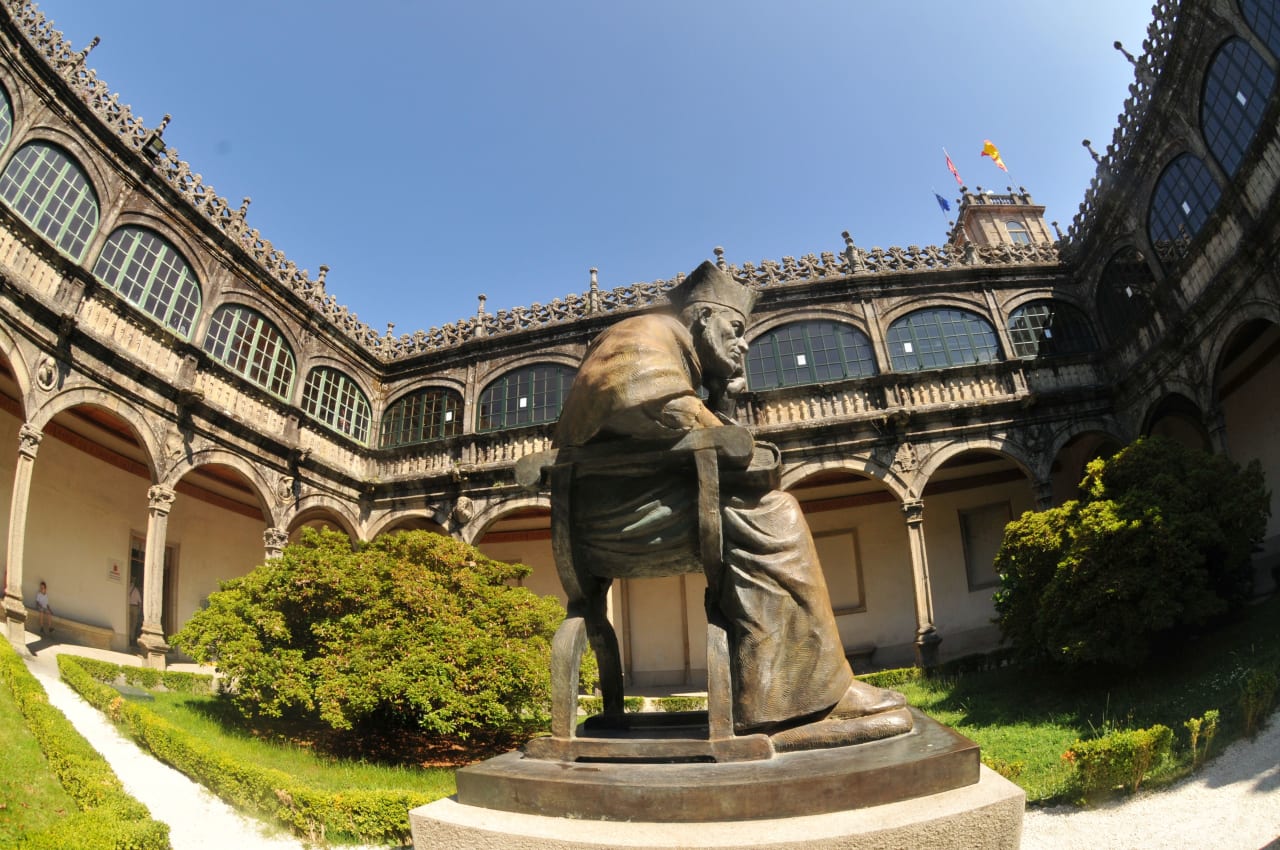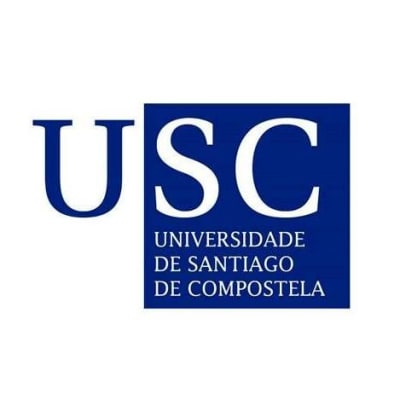
Master's Degree in Statistical Techniques
Universidade Santiago de Compostela

Key Information
Campus location
Santiago de Compostela, Spain
Languages
Spanish, Galician
Study format
On-Campus
Duration
18 months
Pace
Full time
Tuition fees
EUR 1,089
Application deadline
Request info
Earliest start date
Oct 2024
Introduction
The inter-university master's degree provides advanced training in Statistics and Operations Research and in the application of statistical methods to biomedicine, finance, engineering or social research, facilitating internships in companies and access to the doctoral program correspondent.
Statistics studies are one of those with the best prospects for the future. This is justified by the growing need of many companies and public institutions to extract information from enormous amounts of data, for which it is essential to use statistical techniques in sectors such as biosanitary, finance, engineering, etc., as well as in activities that require research, for which statistical methods are indispensable.
In addition, it trains for research in the field of statistics and operations research, and can give access to the PhD Program in Statistics and Operations Research.
Curriculum
The study plan consists of 90 credits, organized in 3 semesters of 30 credits.
- Mandatory: 5
- Electives: 70
- Master's final project: 15
The master's study plan does not contemplate specialties, however, students must choose between two different itineraries depending on their preferences:
- The Applied Itinerary will correspond to those students who want the emphasis to be placed on the applications of statistics, without forgetting at any time the mathematical rigor in the presentation of the concepts and methodologies.
- In the Theoretical Itinerary, the presentation of the different techniques will focus on going deeper into the methodological aspects, although without losing sight of the applications.
The optional subjects of these two itineraries have been configured in such a way as to guarantee that students in both itineraries develop the same basic and general skills, with both itineraries being differentiated in specific skills. Students must enroll in one of the two itinerary modules in the first semester. Exceptionally, the degree commission may authorize the exchange of some subject from the chosen itinerary for the corresponding subject from the other itinerary.
All subjects of the master's degree in statistical techniques are taught through the videoconference system. This allows any student to attend classes at any of the participating centers.
Program Outcome
Specifically, the proposed program is intended to provide:
- Training of a scientific-technical nature in the field of Statistics and IoT for students who can come from degrees with basic training in Statistics and IoT, as well as from technical degrees that allow them to develop an academic activity.
- Applied and interdisciplinary training in Statistics and Operational Research techniques that are of value in professional practice and thus facilitate their access and integration into the labor market.
- Advanced training that enables interested students to begin research tasks in the area of Statistics and Operations Research, or in others, and that can culminate in the preparation and defense of a doctoral thesis.
Gallery
Ideal Students
The master's degree aims to provide solid training in Statistics and Operations Research. This area of knowledge is enormously transversal, which is why the degree presents an academic structure with a high number of elective subjects, allowing graduates from very diverse backgrounds to take the master's degree.
Thus, the master's degree is recommended not only to graduates in Mathematics or Statistics but to any graduate who demonstrates basic knowledge in Mathematics and Statistics, with motivation for data analysis, visualization and modeling in any context.
Career Opportunities
The master's degree offers the possibility of working as a statistical advisor in companies in the financial sector, in the health sector, in public administrations, in social research companies, in research and development laboratories, and in many other professional activities.
University graduates who demonstrate mastery of advanced techniques in Statistics and Operations Research present a profile that is widely in demand today. Furthermore, the expectations for the evolution of this demand are even more promising in light of what is reflected in a multitude of reports from national and international institutions and consultancies that agree that this demand will experience significant growth in the short term.